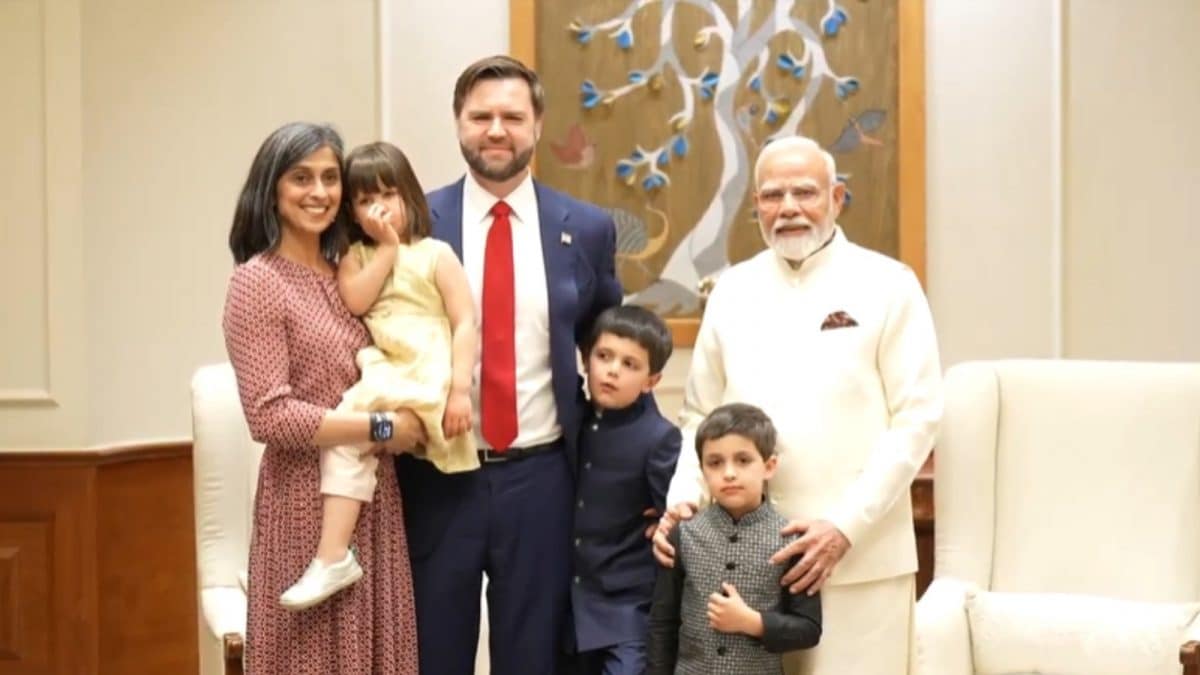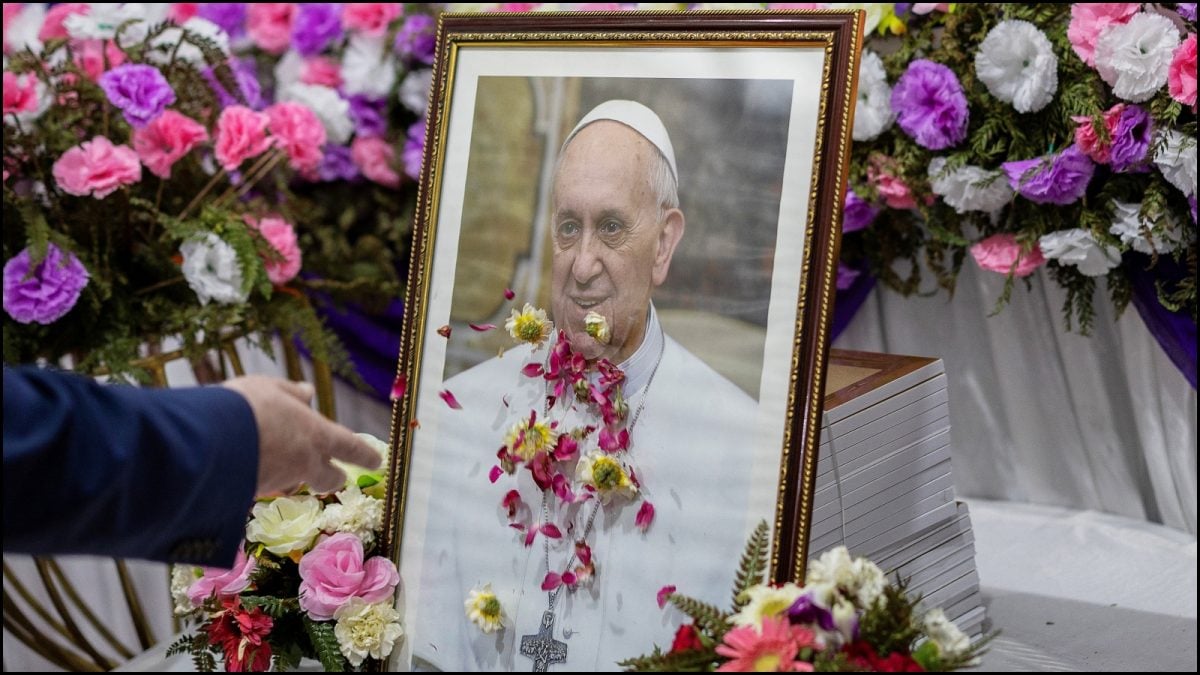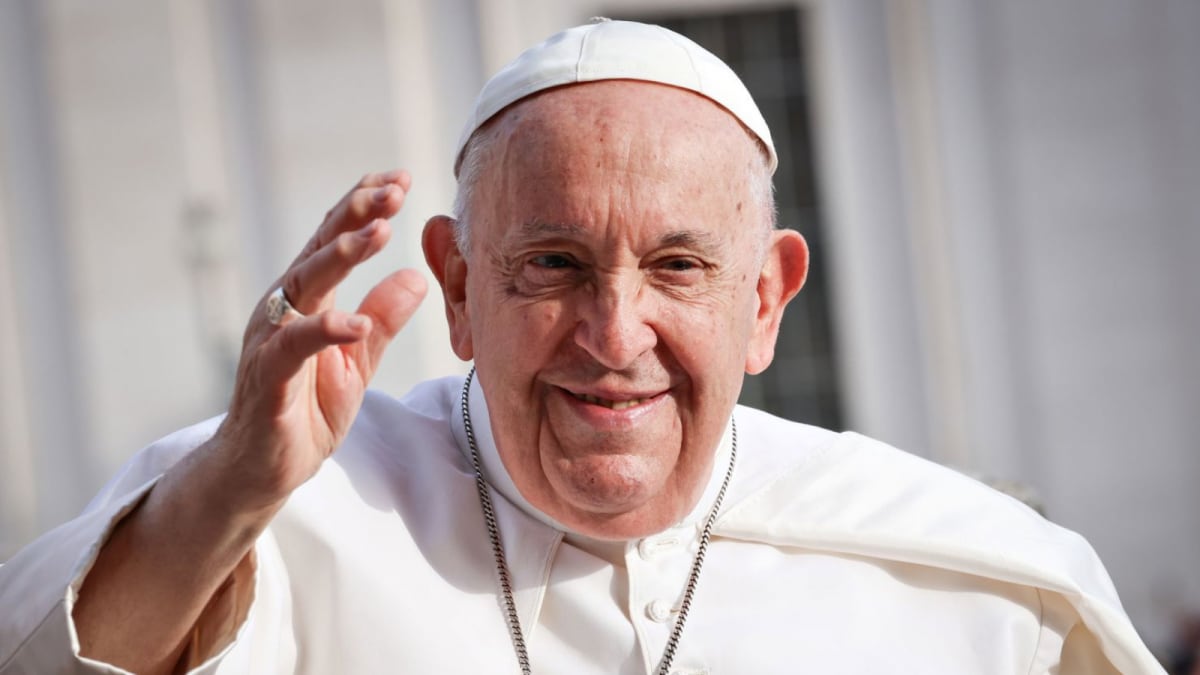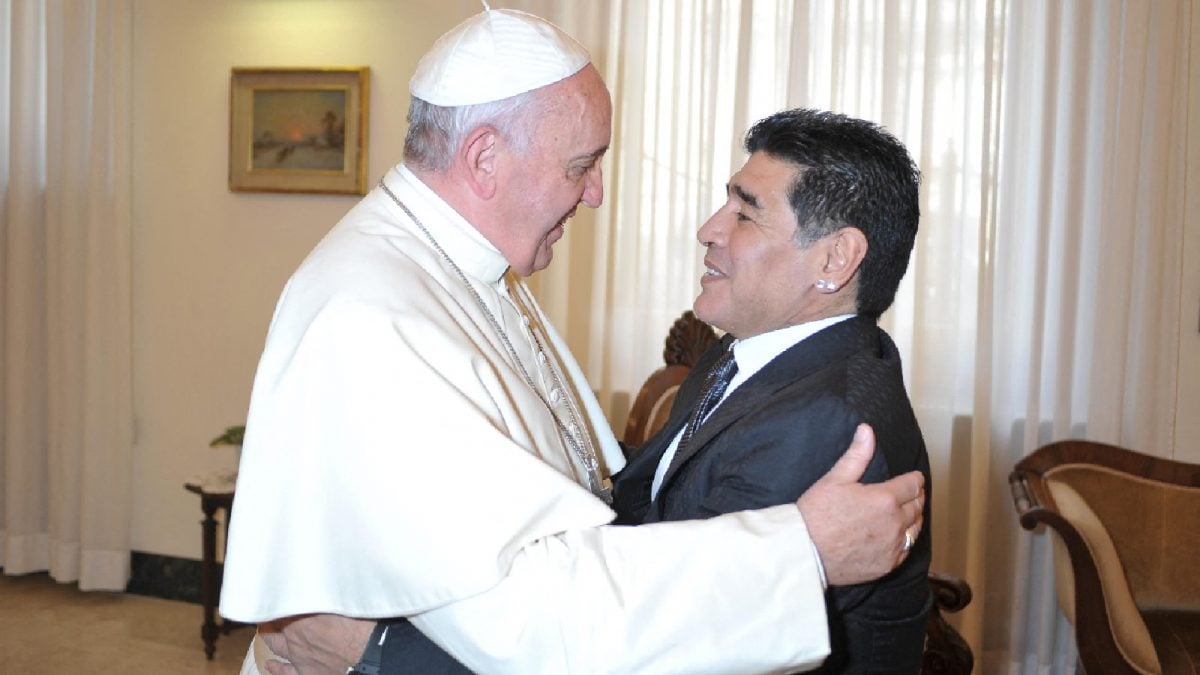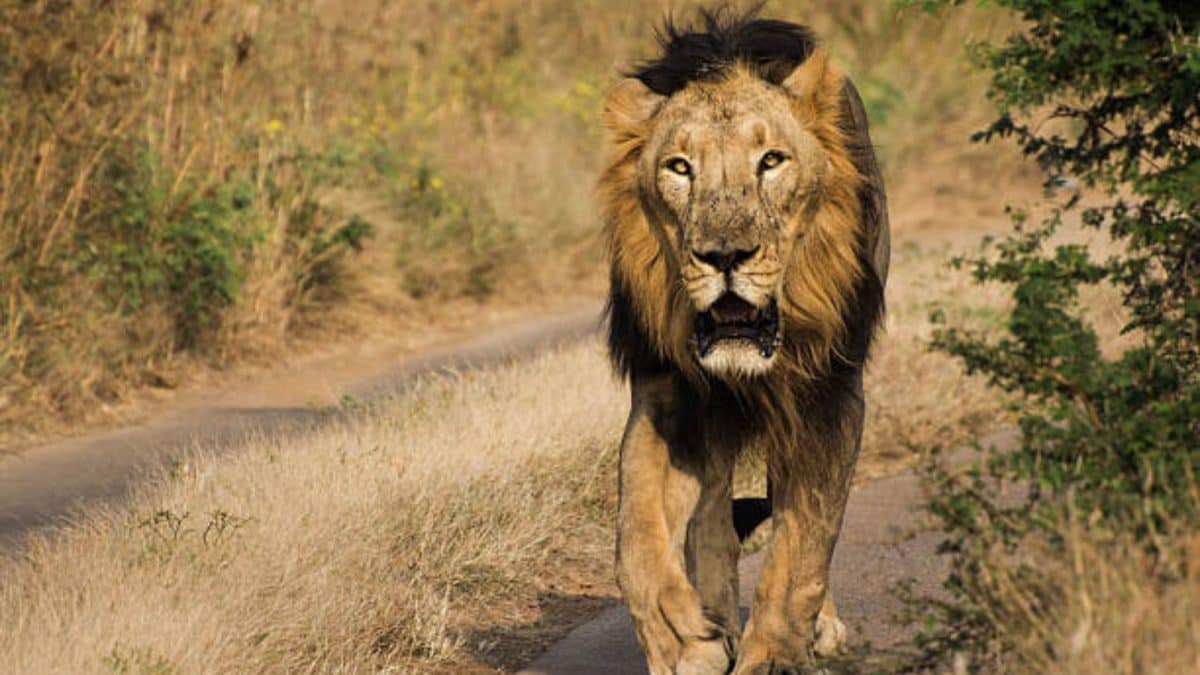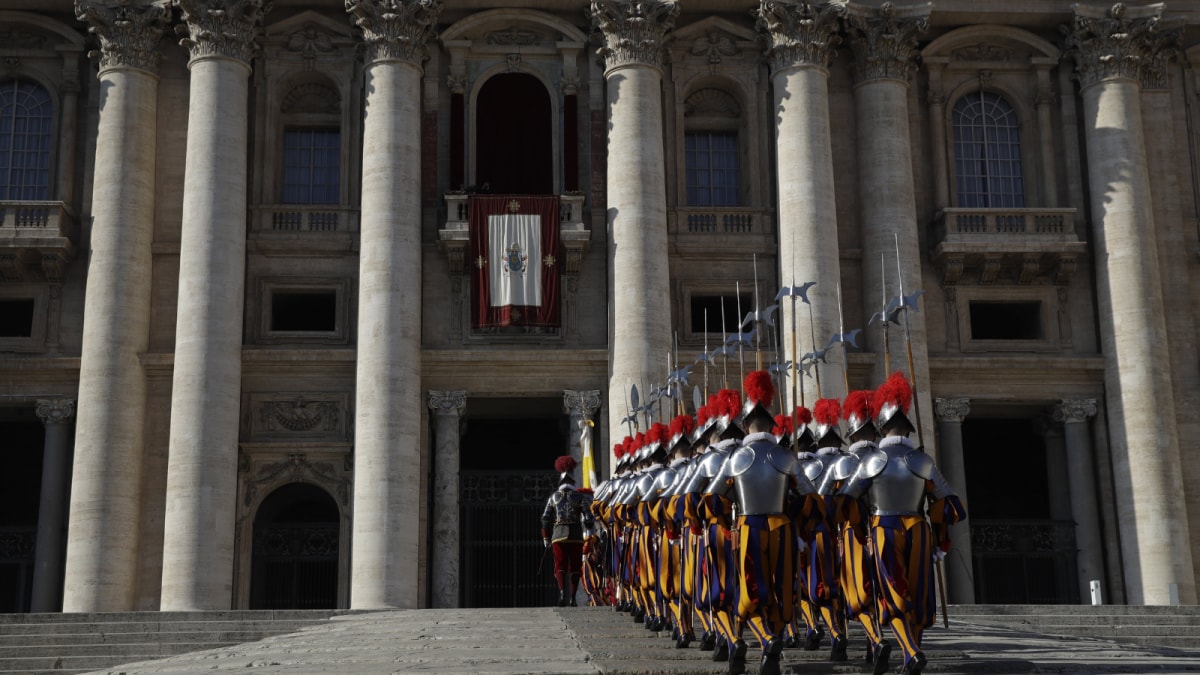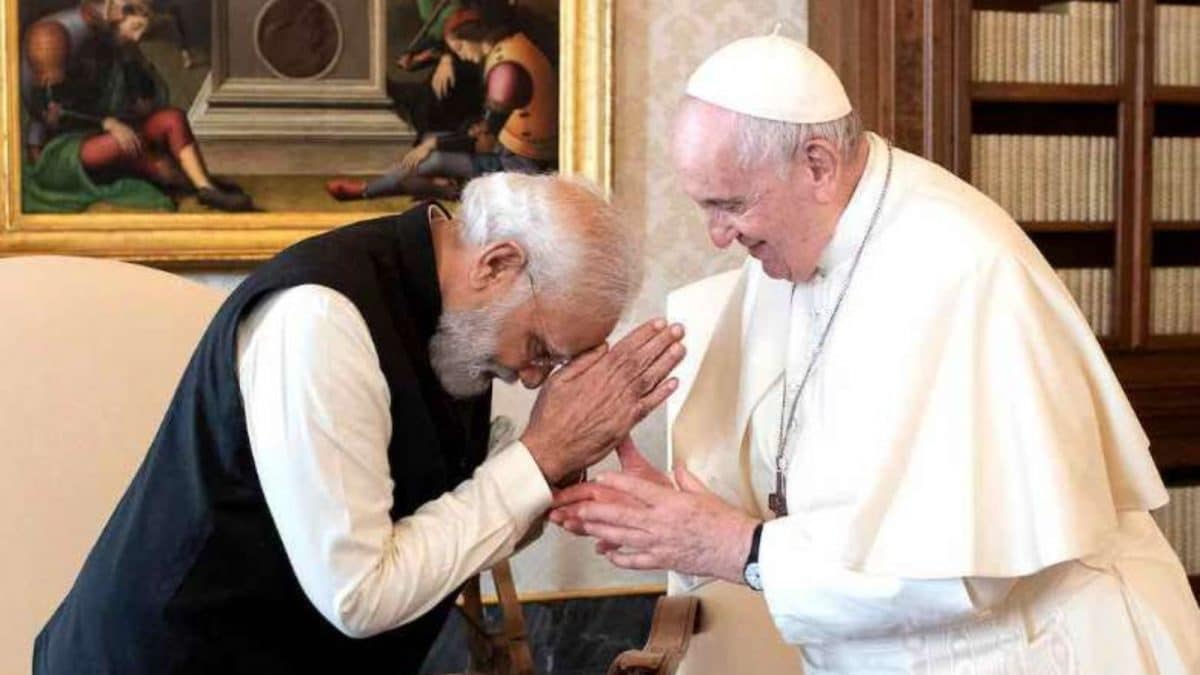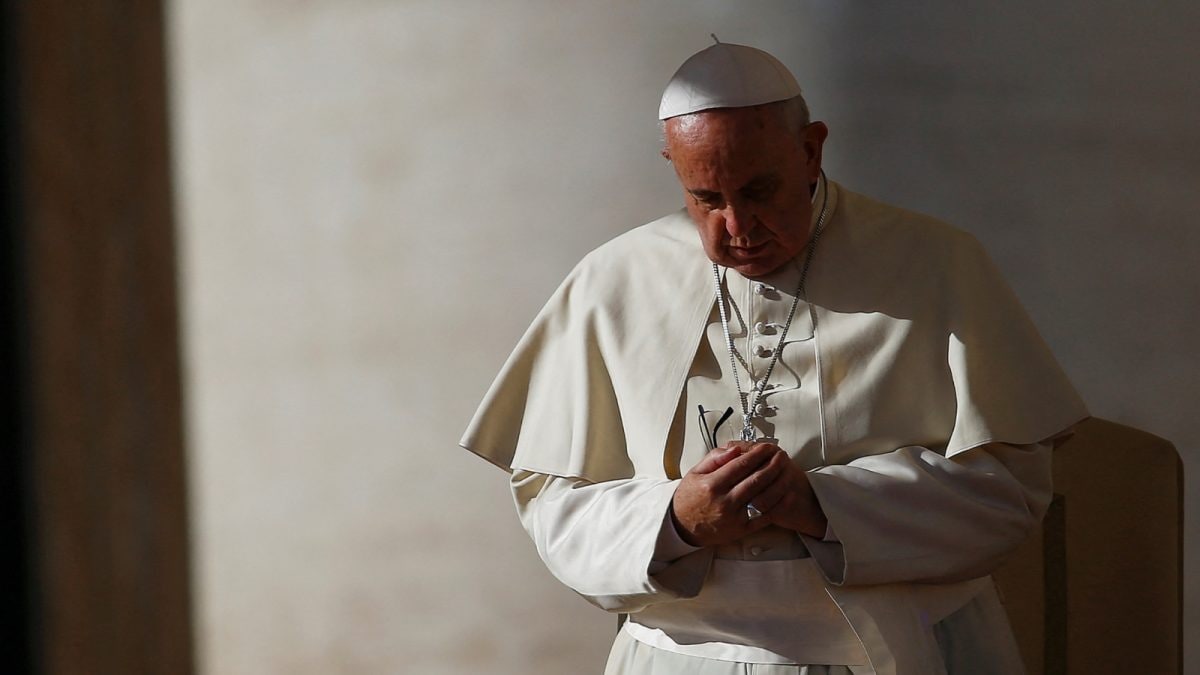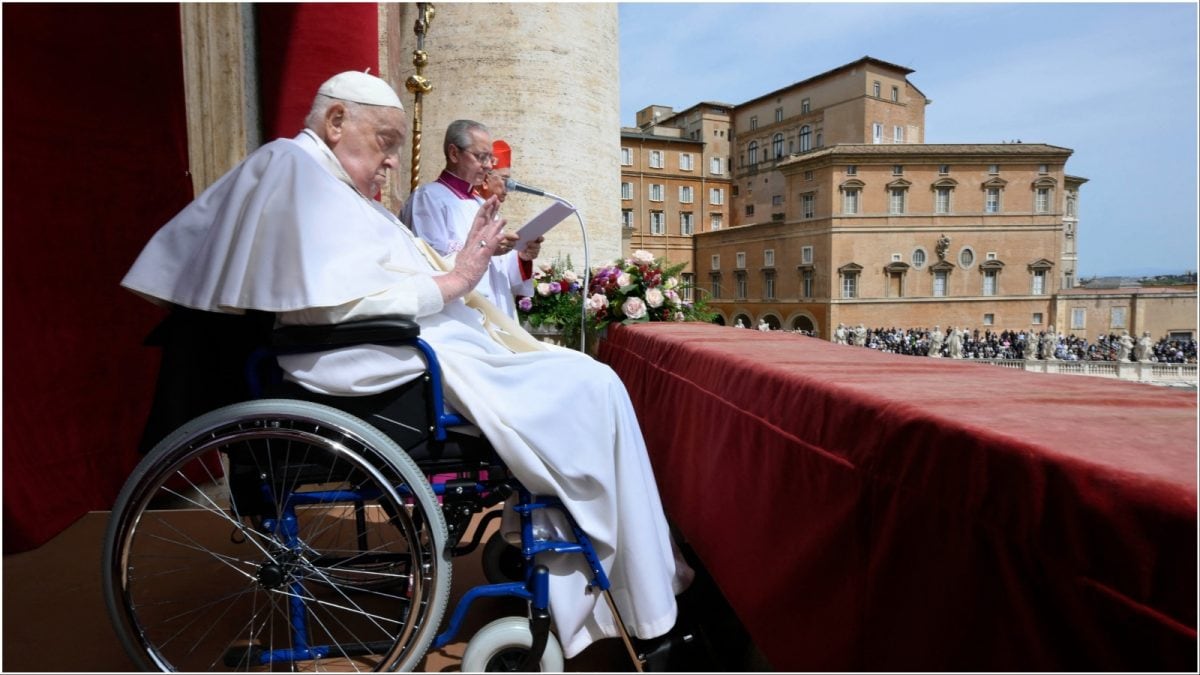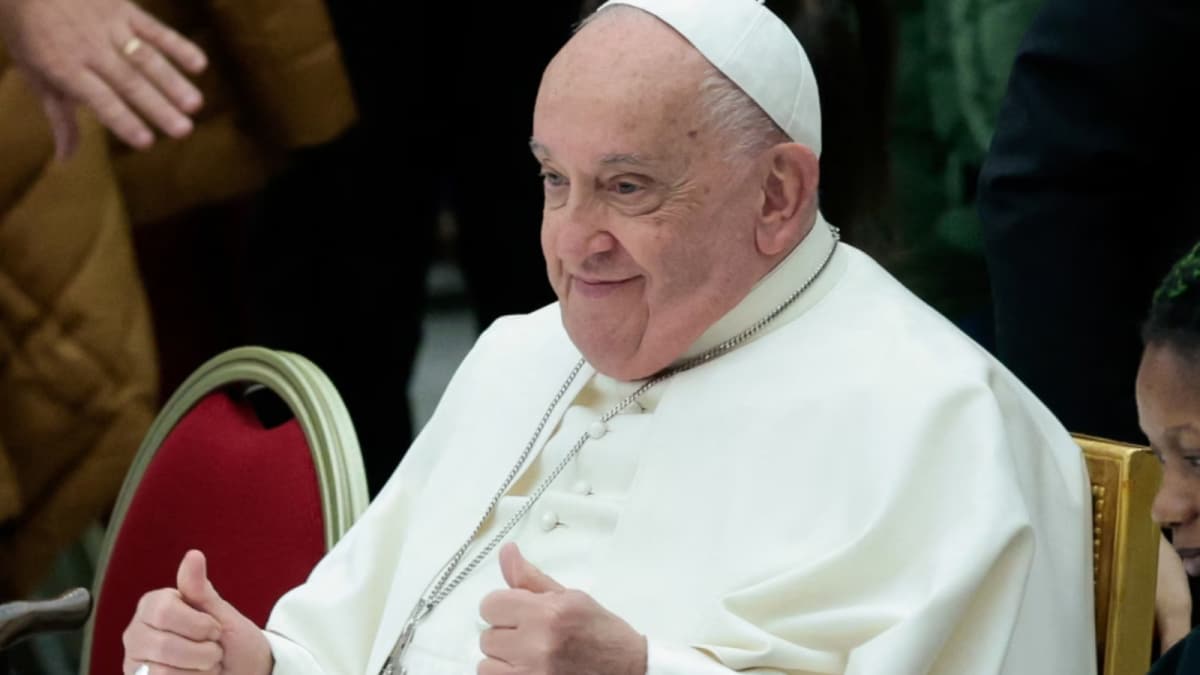Athletes have long used sports as a forum for civil rights activism, but today's sports figures have a unique position of influence, with more money and celebrity status than ever, and social media to get their message to millions.
For WNBA veteran Natasha Cloud, speaking up about social justice is just as important as winning basketball games.
Cloud has had a successful nine-year pro career that includes a WNBA championship and being the career-assists leader for her former Washington Mystics. She has also used her platform for social justice advocacy — from sitting out the 2020 WNBA season to focus on community reform efforts, to joining protests after the murder of George Floyd by Minneapolis police.
If winning “is all I do with my career, then I have failed,” said Cloud, who now plays for the Connecticut Sun. “Who would I be to not utilize practice time and camera time and all these things to create change within the communities that mean the most to me?”
Alyssa Thomas heading to Mercury from Sun in trade, AP source says
Cloud believes it’s more imperative than ever for athletes across American professional sports to speak out against racial discrimination in the face of President Donald Trump’s sweeping orders to end government diversity, equity and inclusion programs, and as corporations and major institutions face pressure to roll back DEI policies aimed at creating opportunities for minority groups.
“The systems of power are working as they always were intended to work,” Cloud said. “And it’s time to break down a system that has only been about white men.”
Athletes have long used sports as a forum for civil rights activism, but today’s sports figures have a unique position of influence, with more money and celebrity status than ever, and social media to get their message to millions.
With that also comes the potential for backlash and retaliation. Speaking out could cost their reputations, their connections, their careers, experts say.
It’s a danger Black athletes have always faced, whether boxing great Muhammad Ali risking his freedom to take an anti-war stance in the 1960s, or more recently, NFL quarterback Colin Kaepernick putting his job on the line to denounce police brutality in Black communities.
Black athletes who speak out for political or social change have often paid a price for their actions.
“One of the most definitive characteristics of pursuit of social justice, particularly by athletes today, is the idea of sacrifice,” said Len Elmore, a former NBA player and now a senior lecturer in sports management at Columbia University. “They have to be willing to sacrifice because the broad society for a period of time — as it did to those past heroes — is going to penalize you.”
A ‘fight for human dignity’
With his attempt to abolish diversity and inclusion programs, Trump has sought to ban transgender athletes from girls’ and women’s sports and has directed schools and universities to eliminate diversity initiatives or risk losing federal money. That includes no longer teaching material dealing with race and sexuality — part of his effort to end “wokeness” in schools.
Companies — including Target, Google, Walmart and McDonald’s — have scaled back or set aside diversity initiatives endorsed by much of corporate America during a 2020 nationwide reckoning on race to help root out systemic barriers that have hindered the advancement of marginalized groups.
“On a basic level, it’s just a fight for human dignity and human rights,” said Joseph N. Cooper, a professor of Counseling, School Psychology and Sport at the University of Massachusetts Boston.
While he doesn’t believe the weight of social justice reform should solely fall on the shoulders of Black athletes, Cooper said it’s important for sports stars to leverage their visibility to champion causes they’re passionate about.
Published By:
Rivanshi Rakhrai
Published On:
Feb 27, 2025

 1 month ago
1 month ago

